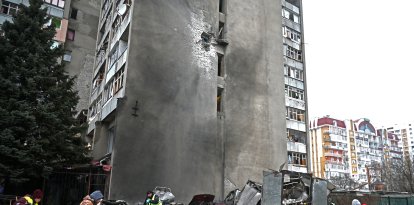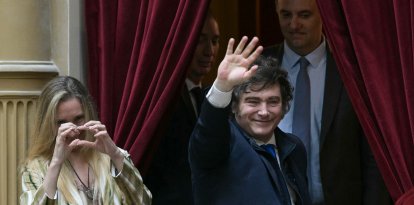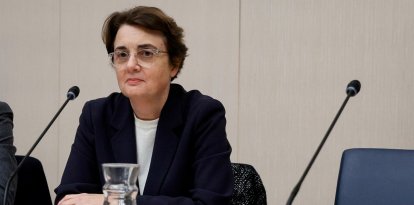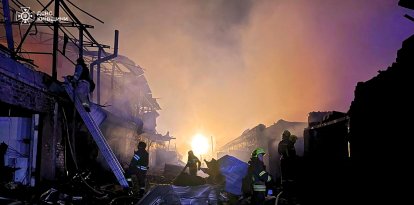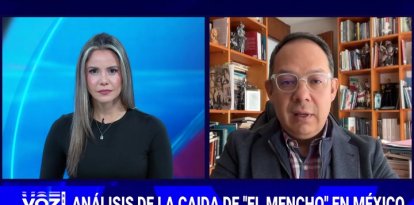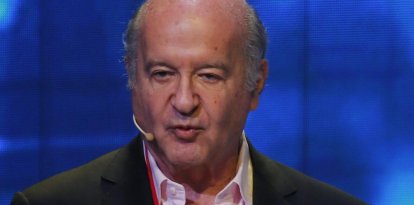The Kremlin repeats that ceding any conquered territory to Ukraine is off the table
Russia maintains limited control over several regions of eastern Ukraine, in addition to Crimea, which it illegally occupied in 2014. Kiev in turn has troops deployed over several hundred square miles in Russia's Kursk region.

Troops of the 93rd Separate Mechanized Brigade Kholodnyi Yar.
Russia is not willing to cede any territory to Ukraine as part of a peace deal. This is what Kremlin spokesman Dmitry Peskov reiterated again Thursday when he referred to the possibilities being bandied about in future negotiations.
Peskov's comments concern the regions that Russia illegally annexed after militarily controlling them during the 2022 invasion. These lie in eastern Ukraine and reach as far south as the Dnieper River. To them is added Crimea, which Russia also annexed illegally and without international recognition.
These territories "are an integral part of our country. It is absolutely incontestable and non-negotiable," Kremlin spokesman Dmitry Peskov said of the vast areas of Ukraine occupied by Russia.
Of the regions claimed by Russia (Lugansk, Donetsk, Zaporiyia and Kherson) only the first is almost completely controlled by Russia. In the case of Kherson, for example, Moscow's occupation forces were driven out of the regional capital and the west bank of the Dnieper by a Ukrainian counter-offensive after several months of occupation.
In Kherson, as in the other regions, Russia rushed through a series of referendums without any validity in the face of the rest of the international community, and without any real guarantees, to justify its annexation. In 2014, Russia did the same with the Crimean peninsula.
Ukraine in Kursk
Now, Ukraine has troops deployed and who have maintained their positions in that Russian territory. Kiev's goal is to have something with which to put pressure on Russia and negotiate for peace agreement.
New U.S.-Russia meeting in Istanbul
This Thursday the U.S. and Russian delegations are meeting again, this time in Istanbul, Turkey. According to both governments, the meetings will not address future peace negotiations in Ukraine. They will focus on improving relations between the two countries and the reopening of their respective Embassies.
After the first meeting between Washington and Moscow in which Secretary of State Marco Rubio participated, the Trump administration assured on several occasions that peace in Ukraine should be an opportunity to reestablish its relations with Russia to a point of understanding and cooperation, especially on trade issues.
The White House's objective would be to bury the hatchet with Moscow in order to focus all its attention on the fight for world hegemony with China.
France also shows interest in Ukraine's minerals
France is in talks with Ukraine about an access to its mineral wealth, including for military use, French Defense Minister Sebastien Lecornu said Thursday.
"Together with my Ukrainian counterpart, the defense minister, we are talking about that question in terms of our needs" and in particular for "our defense industry," Lecornu told Franceinfo radio.
On Friday, Ukrainian President Volodymyr Zelensky is due to meet his U.S. counterpart, Donald Trump, to clinch a deal on U.S. access to Ukraine's mineral wealth.
Unlike Trump, France is not seeking to obtain a reimbursement for aid granted to Ukraine in the war against Russia in the form of minerals, the minister said.
"We are not looking for a reimbursement," Lecornu said. "But our defense industry will need a certain amount of raw materials that are absolutely key to our own weapons systems. Not next year, but in the next 30 or 40 years," he explained.
France needs to "diversify" its sources of certain raw materials, he said, without identifying the minerals it hoped to obtain from Ukraine.















